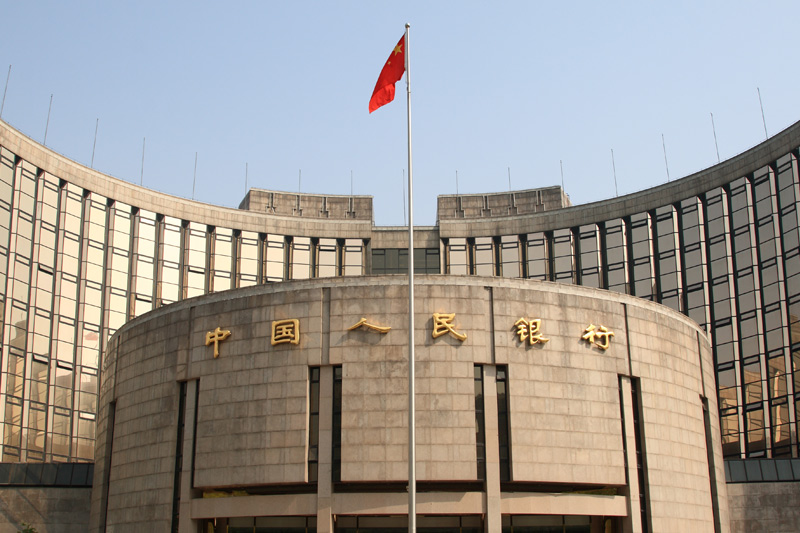Investing.com -- China’s recent stimulus measures are being labeled a potential game changer for the country's struggling economy, according to UBS.
With economic momentum slowing and deflationary pressures mounting, China's top leaders have pledged “necessary fiscal spending” and introduced stronger-than-expected monetary stimulus to stabilize the property market and boost growth.
UBS analysts believe this is a significant shift in policy. “Policymakers are becoming more assertive,” they noted, stressing that this week’s interest rate cuts were more aggressive than anticipated, marking the most substantial easing since 2012.
In addition to monetary stimulus, UBS expects further interventions in the property sector and fiscal stimulus aimed at long-term demand, with a focus on affordable housing and social welfare improvements.
They note that since the announcement of these measures, investor sentiment has surged, with the CSI 300 and Hang Seng indices rallying 14.5% and 13.5%, respectively.
UBS sees more potential upside, estimating that the broad market could rise by another high-single-digit percentage.
"We think this policy shift could be a game changer for Chinese risk assets, but this is contingent on both execution and continuation," said the bank. "Our view is the broad market can rally by another high-single-digit percentage, following the near 14% move since the announcement of the stimulus package."
However, they cautioned that this would depend on the government's ability to execute its plans efficiently.
One of the most notable aspects of the stimulus package is the focus on capital markets.
UBS explains that a CNY 500 billion swap facility was announced to provide liquidity for brokers, funds, and insurance companies to buy stocks, with the possibility of additional rounds of support.
The introduction of a special refinancing facility and consideration of a stock market stabilization fund further underscore the government’s commitment to bolstering market confidence.
UBS is optimistic about the growth potential for Chinese internet leaders, state-owned enterprises in high-dividend sectors, and sectors tied to structural trends like AI. However, they also highlighted potential risks from external factors, including the U.S. election.
